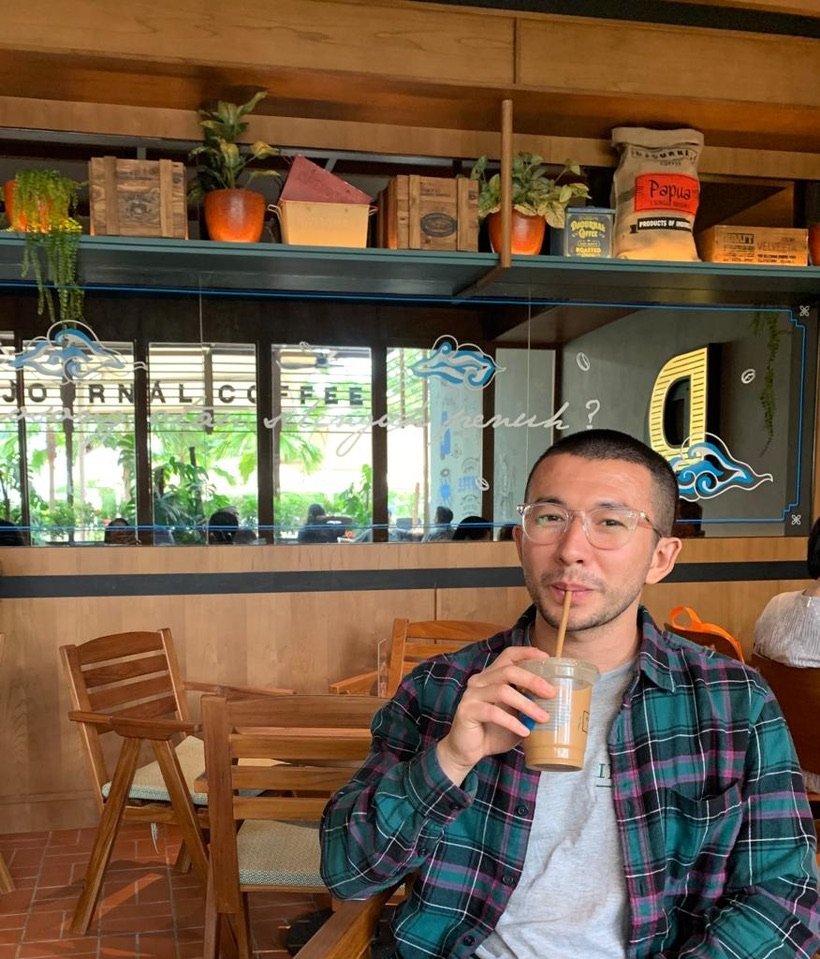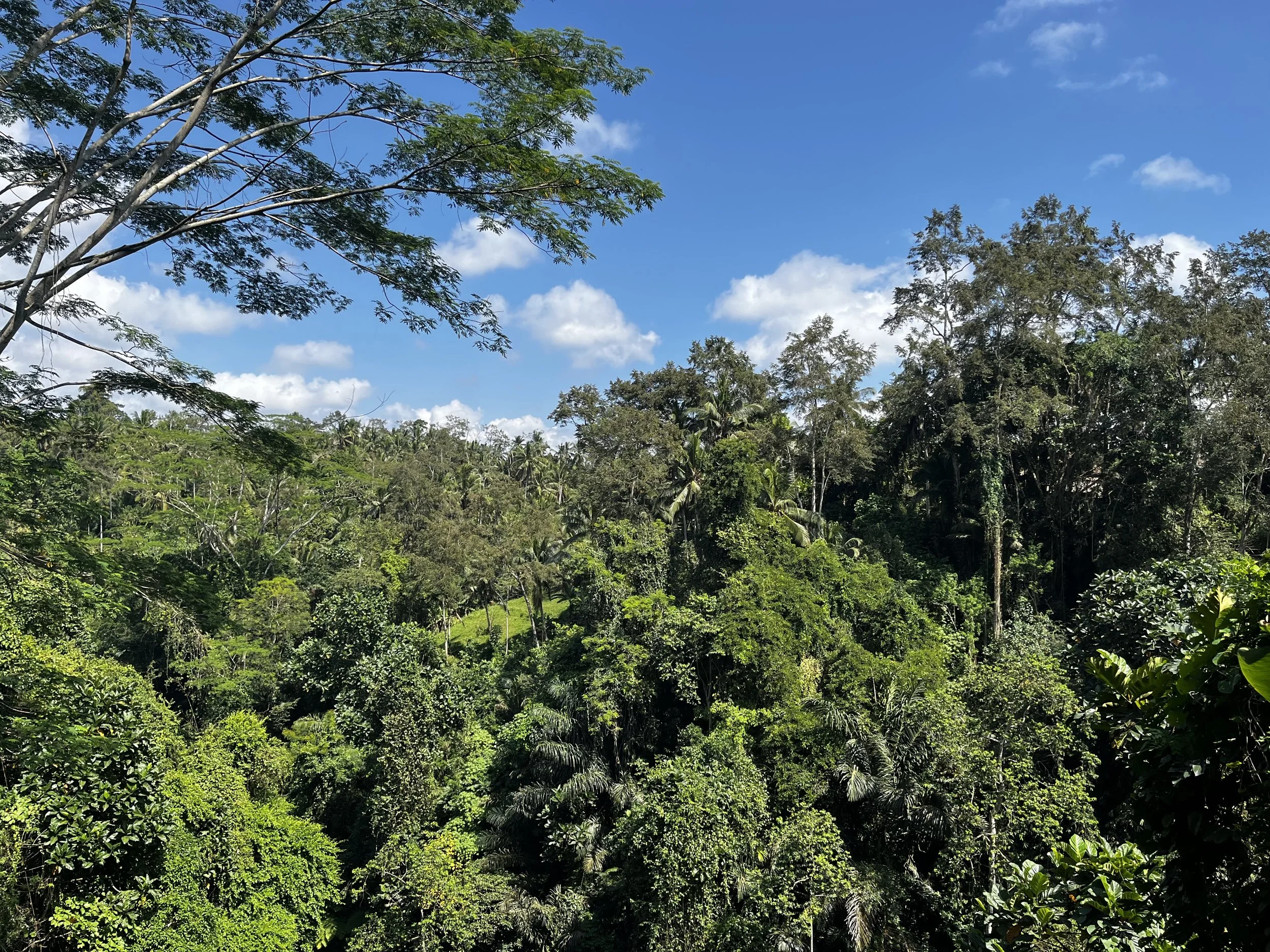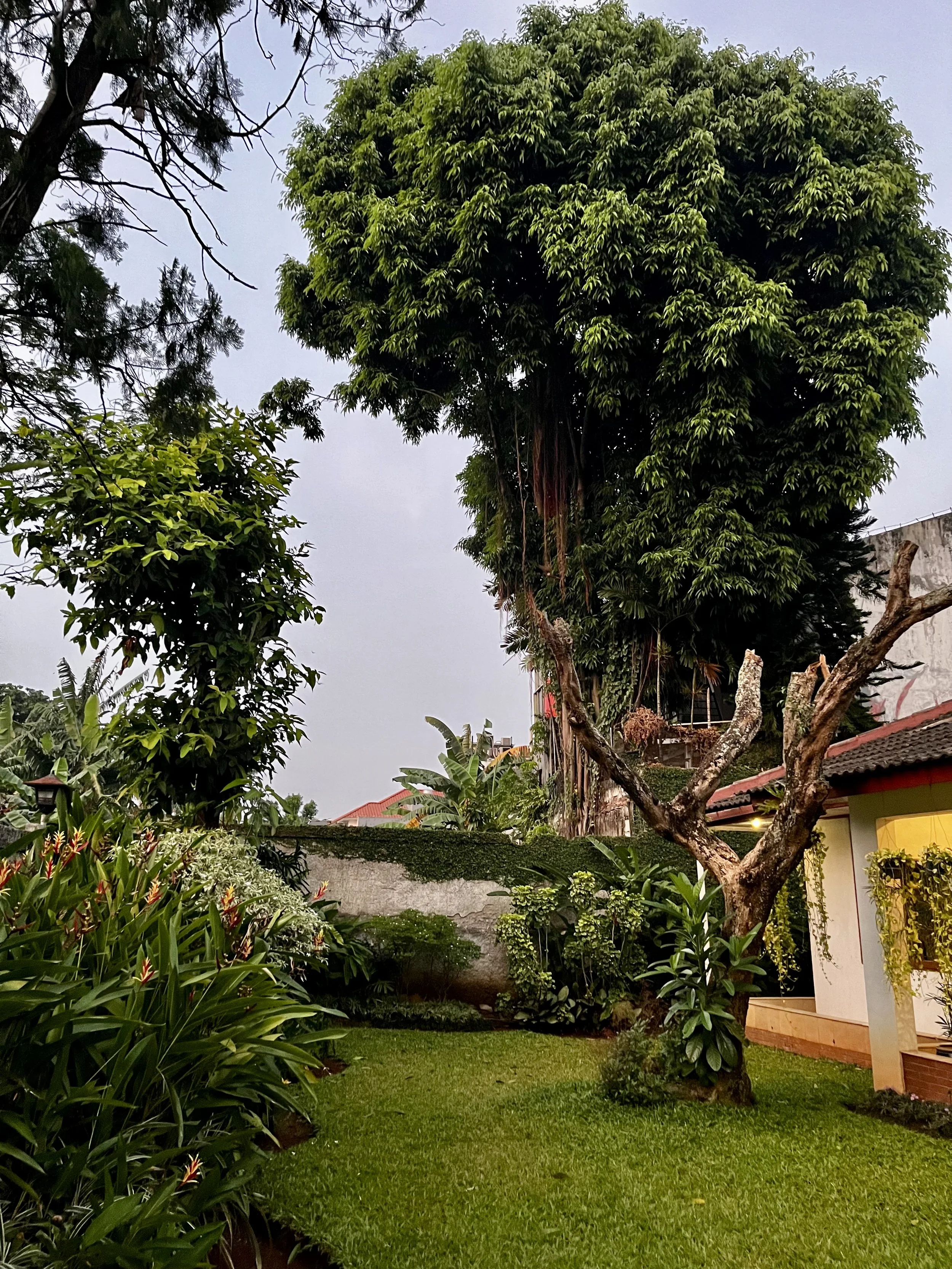Past Lives
This movie has been on my list for a little while now. I missed it in theatres and it recently became available for purchase via various streaming platforms. So on one quiet Sunday afternoon, against the backdrop of a scorching summer, I cooped up in my apartment, shut the windows, blinds, and doors, and created my own home theatre.
Without giving the details away, the movie is about two childhood friends who drift apart. Na Young and Hae Sung are two kids in Korea when Na Young’s family decides to immigrate to the United States. The decision is portrayed to have initially been driven by Na Young’s parents desires in isolation but it is later revealed that her dreams are tethered to this move as well. The dreams of a person who feels their home is too small to handle their ambition. The story unfolds in that they lose connection, reconnect, fall apart over the span of two decades years and finally reconnect 24 years after Na Young left South Korea, during one week when Hae Sung visits New York City. While this complex romance is the main root by which this story unwinds, I find a different narrative driving the whole piece, for me.
Something that I hadn’t been able to quite utter into concrete words until now. Leaving a place you call home because of circumstances out of your control is one thing. This type of migration is the one that is most often depicted in news headlines. Those fleeing terrorism, economic circumstances, or otherwise, are the primary way in which we imagine the immigrant’s journey. However, I am not an immigrant by definition.
I am half Indonesian and half American, but am legally defined as an American via my citizenship. On paper, there is nothing to bound me to the place I grew up and called home. And there isn’t much to bind me to the new place I call home other than a piece of paper and the decisions I have made.
I didn’t leave home because I had to. I did because I wanted to. This is the other side of migration. Even those who are pushed to move on by circumstances outside of their control, still have to make a choice. There is an old saying that goes along the lines of “you drown not by falling into the river, but by staying submerged in it”.
And in realizing that you have a choice, whether the context is dire or not, is what struck a chord with me during this story. The pain of realizing that Na Young and Hae Sung could never be together not because of their circumstances but because of her choices is where it hits. It’s what those who leave home in search of something better, feel deep in their gut.
My life will never be the same because of that choice to leave. I wasn’t there when my cousins graduated college. I wasn’t there when my Opa and Oma passed away. I wasn’t there when my dog passed away. I wasn’t there when my brother made the varsity team.
I wasn’t there. Because I am here.
And there isn’t any way for me to go back to those moments that were missed and it isn’t easy for me to go home now, in any case. Because when I go back, I will miss everything here.
Nora (Na Young): There is a word in Korean. In-Yun. It means “providence”. Or “fate”. But it’s specifically about relationships between people. I think it comes from Buddhism. And reincarnation. It’s an “In-Yun” if two strangers even walk by each other in the street, and their clothes accidentally brush. Because it means there must have been something them in their past lives. If two people get married, they say it’s because there have been eight thousand layers of In-Yun. Over eight thousand lifetimes.
Arthur: Do you believe in that?
Nora (Na Young): Believe in what?
Arthur: That you and I knew each other in another life.
Nora (Na Young): What, because we are sitting here, at the same table, in the same city, at the same time?
Arthur: Yeah, wouldn’t that make this In-Yun?
Nora (Na Young): That’s just something Koreans say to seduce someone.
To me, Na Young represents who I am and Hae Sung is who I left behind. We both exist but never at the same time and that is the realization the characters arrive at, during the finale of the movie. The 12 year old girl that a younger Hae Sung fell for and that loved him back and still loves him, exists. But she’s not here.
In that way, that is the burden that those who leave must bear. We must carry our past selves. All the possibilities. All the memories that were never had. Our past lives, within us. That person I could’ve been, exists. Just not here. Not now. And not while I am around.
I wasn’t there. Because I am here.



